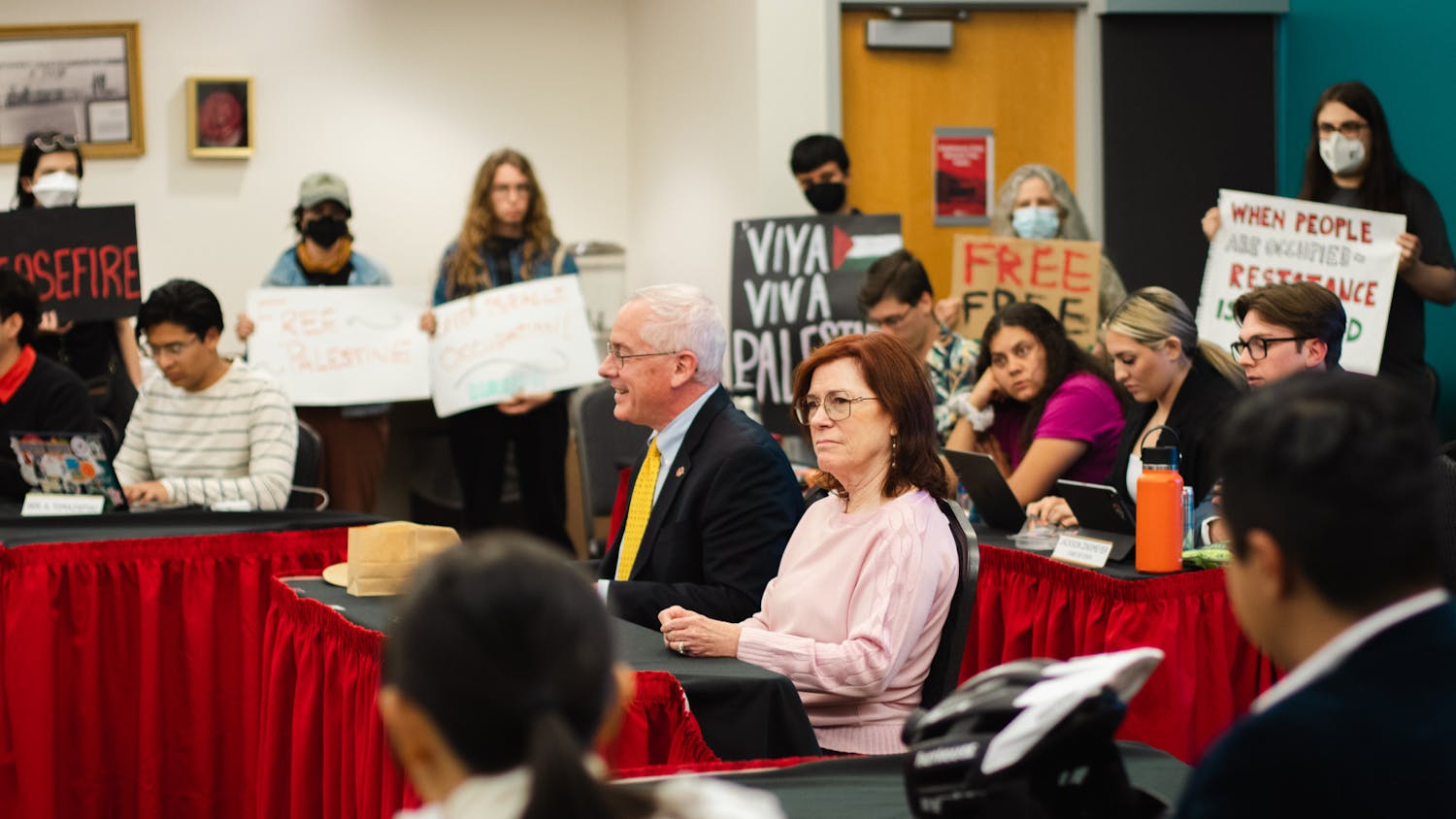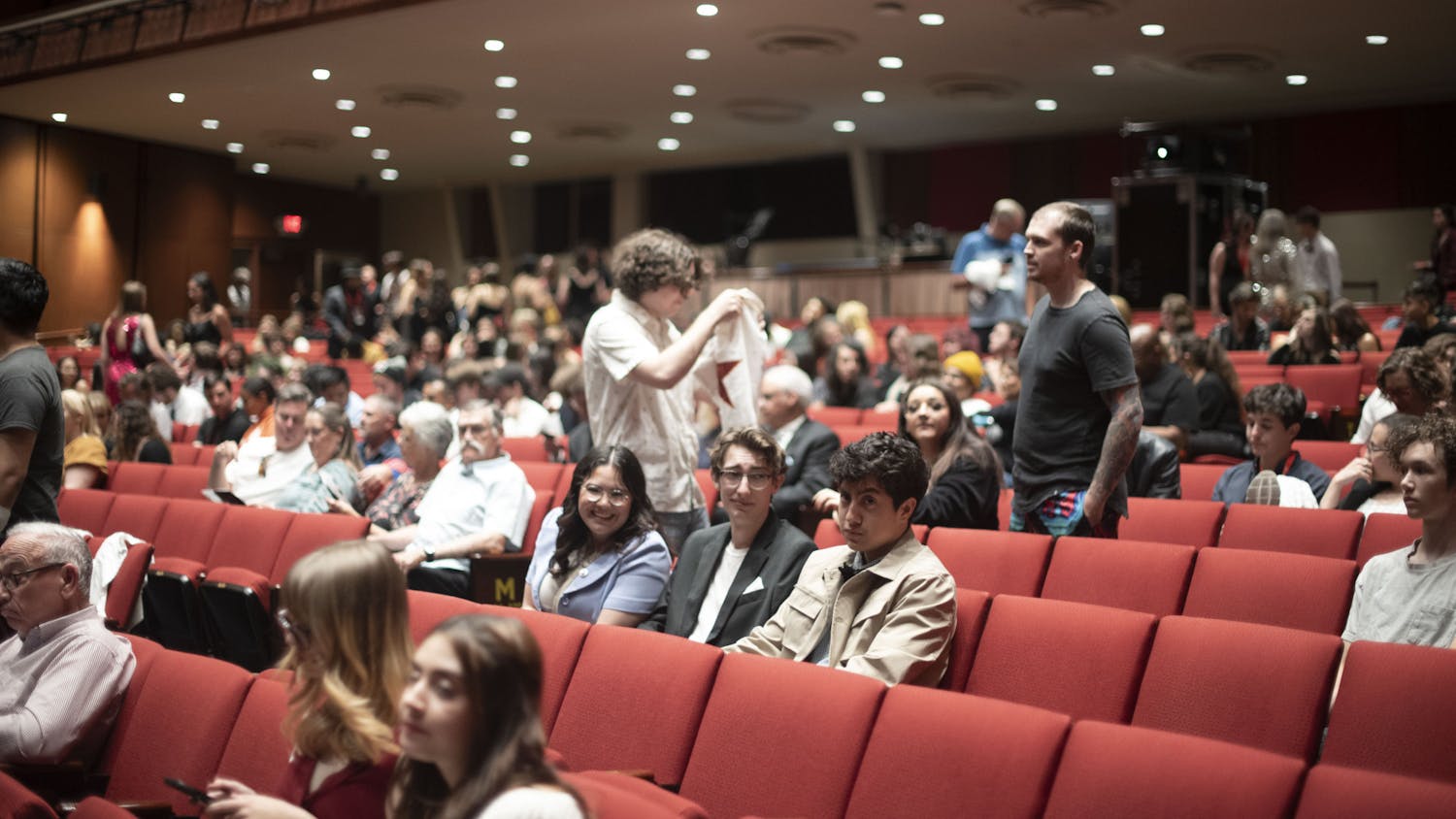I’m not going to stop doing it, though. As disappointed as I am with humanity, I still enjoy human interaction — and besides, I’m just trying to be polite. I mean, is it really that difficult to connect with another human being — even for a split-second?
I can accept that kids are under a lot more stress than when I was growing up, and people are extremely busy nowadays. Others are not so kind, however.
Renowned British neuroscientist Baroness Susan Greenfield is an outspoken member of the House of Lords who is currently causing quite a stir in academic circles with her controversial new book, “Mind Change.”
Greenfield’s research adds fuel to the debate over the influence technology is having on society. She argues that the hyper-connectedness of millennials gives them shorter attention spans, makes them more narcissistic, more susceptible to depression and anxiety and less empathetic toward their peers. Greenfield warns that digitalization is altering our perception — and that the impact on young people should concern parents and educators.
Greenfield, who is also a professor at Oxford University, believes that modern technology is re-wiring the human brain, particularly in children who have grown up surrounded by it. “The mid-21st century mind might almost be infantilized, characterized by short attention spans, sensationalism, inability to empathize and a shaky sense of identity,” she said at a recent talk.
The brain is exquisitely designed to adapt to its environment. Because of the rapidly-changing social climate that advanced technology has created, our brains may also be changing in unprecedented ways.
So, what effect does our addiction to flat screens have on the way we relate to others? “ Mind Change” focuses on three main points:
1) Social media is affecting our sense of identity, our self-esteem and our ability to empathize. Facebook, Instagram and Twitter all provide endless distractions, but little substance. Greenfield argues that kids today are developing in a world where relationships are increasingly formed online, which means they are less able to recognize important social cues like body language and non-verbal communication. This increase in social isolation and lack of human interaction overlaps with a drop in empathy among young people. Professor Greenfield believes that social media is forcing people to tie their identities to artificial worlds.
2) Video games shorten attention spans and increase recklessness and aggression. Greenfield warned that instead of using their imaginations, children are more likely to sit in front of computer screens now, staring at a menu of choices someone else has designed. Frequent exposure to violent video games desensitizes young people to the suffering of others, despite what industry-sponsored experts say. Games such as Grand Theft Auto and Call of Duty clearly contribute to this trend.
3) Many people confuse information with knowledge. We are bombarded with virtually limitless information 24/7, but if there is no context, one fact is the same as any other fact. Search engines make us intellectually lazy, according to Greenfield. “You can cruise on YouTube or on Google going ‘yuck’ and ‘wow,’ but you’re not actually making sense of things,” she said.
There is hope, however. A recent study found that when smartphones and other devices were taken away from pre-teens for a few days, their interpersonal skills greatly improved. Our hyper-connectedness means we have less time to reflect and think for ourselves. By switching off the screens, young people can form a stronger sense of identity. The message is simple: people need to be aware that there are other things they could be doing with their time outside of cyberspace.
Get content from The Daily Lobo delivered to your inbox
“I don’t want to join the Amish, I’m not anti-technology, but we need to be in control,” Greenfield said. “This is something we should be thinking about.”
Try to keep that in mind over the winter break.
Jason Darensburg is an opinion columnist for the Daily Lobo. He can be reached at opinion@dailylobo.com or on Twitter @DailyLobo.





